-
•
•
9 responses
One can read the Book of Mormon as canonized scripture, to guide the Church and its members in doctrine and practice, or as a sign of Joseph Smith’s calling to bring forth new scripture and establish a restored church. Then there is the possibility of reading the Book of Mormon as literature, to enlighten, uplift, and inspire the reader. So, how literary is it? How exactly does one read the Book of Mormon as literature? Read More
-
•
•
49 responses

Today the NBA announced a landmark agreement with the LDS Church to ensure that Jabari Parker’s desire to serve a mission does not interfere with his draft prospects, saying the church has agreed to their proposal to call Parker to serve as a missionary in the city of the NBA team that drafts him. While the official statement is brief, sources close to the negotiations report that because the NBA considers Parker to be a certain star, league officials, including new commissioner Adam Silver, went to unprecedented lengths to ensure that Parker enters this year’s draft. The deal stipulates that Elder Parker… Read More
-
•
•
28 responses
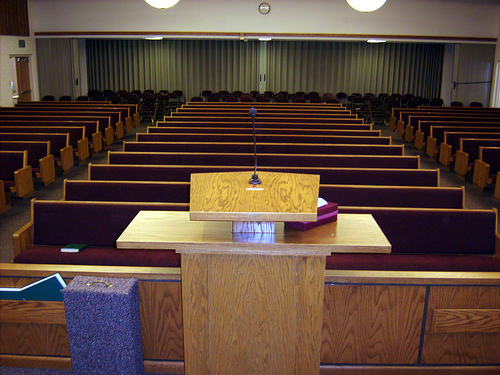
“Out of curiosity, what makes you believe in Mormonism? Or God for that matter?” This is a question I got from a close friend, more or less out of the blue, the Wednesday before last in a Facebook conversation that had been—up to that point—mostly about how much I love Jim Butcher’s Dresden Files. It’s not like it’s the first time I’ve been asked that, but it’s a question I’ve struggled unsuccessfully to answer in the past. I’ve tried on more than one occasion to sit down and write out my reasons, but I always failed. Eventually I gave up.… Read More
-
•
•
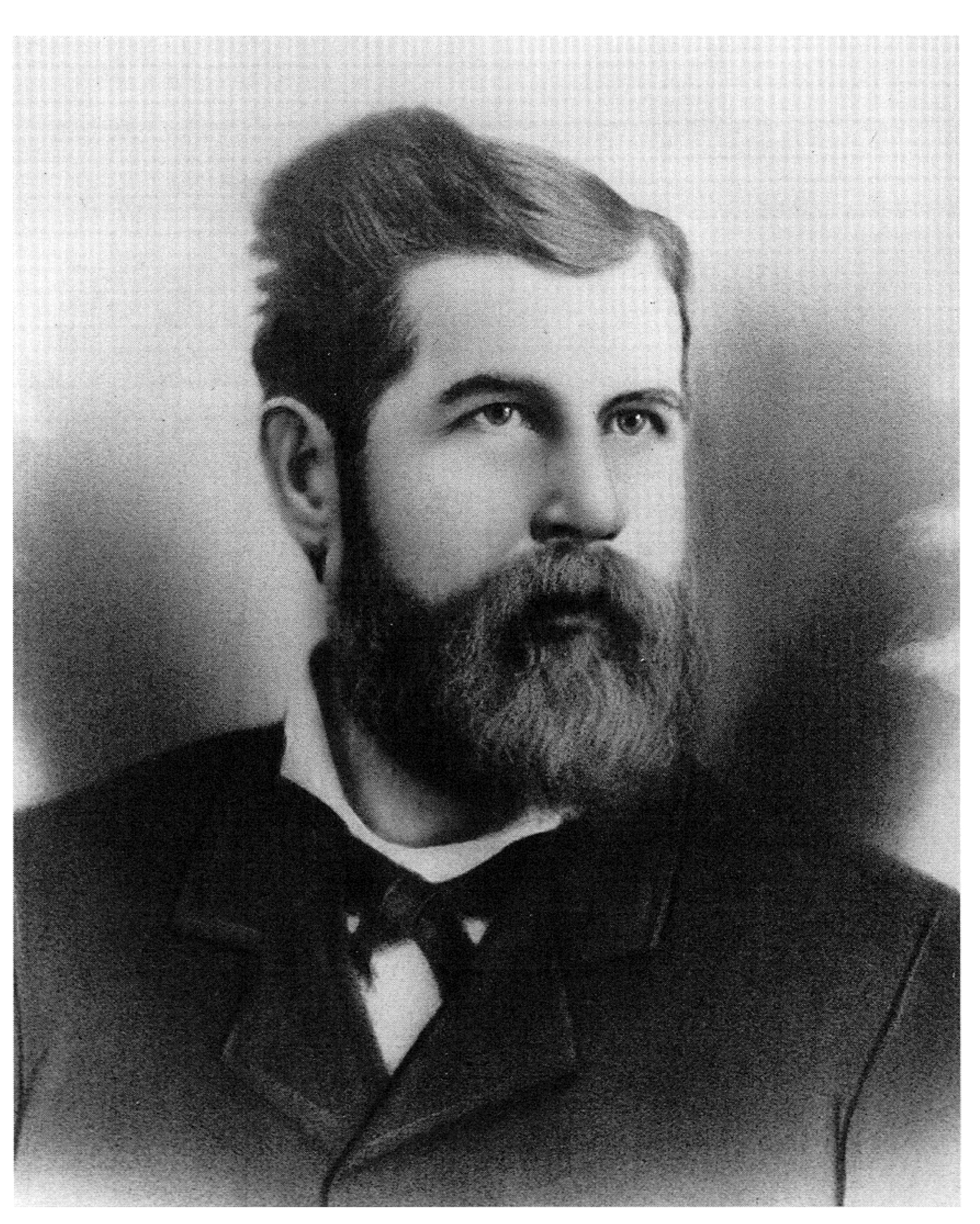
I think that we often think of witnesses as something outside of the event, added to fill a particular need or satisfy the desires of the world. But I wonder if this perception might not be incorrect, if witnesses are not, in fact, an important part of the process of communicating truth. A testimony is, after all, what a witness provides, and, at least in the church, it is hard to imagine communicating truth without testimony. In the fourth D&C Gospel Doctrine lesson witnesses to the Book of Mormon are an important part of the story of the scripture’s preparation.… Read More
-
•
•
98 responses

One of the gems of my mission was the opportunity to spend an evening with a Bishop from the RLDS (now Community of Christ) Church Read More
-
•
•
77 responses
One of the aspects of the Church’s recent statement to OW regarding the priesthood session that strikes me as eminently sensible is the insistence that OW not invite media on to Temple Square and confine their demonstrations to public property. It’s worth noting that the letter didn’t say that OW members could not come on to Temple Square as worshipers. It said that they couldn’t conduct a press conference in front of the Tabernacle during a General Conference session. There are three reasons that this makes good sense to me. First, inviting television crews onto Temple Square and holding a… Read More
-
•
•
85 responses
A conversation in two senses: First, everyone is talking about Ordain Women (here, here, here, here, here, here, and here; a four-part response here; earlier T&S posts here and here). Second, because, almost without noticing its own success, Ordain Women achieved a significant milestone this week as the LDS Church opened a public conversation with the group by publicly posting an official letter addressed to four of the organization’s “official spokeswomen” (as they are identified on the OW website). The LDS letter responds to earlier private communications from the group and, predictably, elicited a publicly posted response at the OW… Read More
-
•
•
11 responses
Some Jewish reading recently has triggered some LDS thoughts and parallels. I jotted these down between lengthy organic chemistry homework sessions, so they’re less refined than I’d like, but still important to get out there. (I’m trying to shed my perfectionist writing tendencies.) James Kugel is an insightful and approachable Hebrew Bible scholar. He’s also an Orthodox Jew who retired from Harvard to go live in Israel. Kugel’s How to Read the Bible details how and why ancient and modern audiences understood the Bible differently, exposition which many people find disturbing or even undermining of faith. Read More
-
•
•
102 responses
It looks like one of the major responses that will be offered in the current discussion of women’s roles is that “equal does not mean the same.” Read More
-
•
•
15 responses
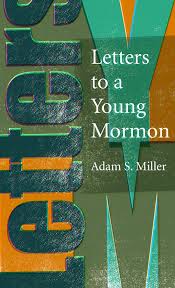
This is a discussion T&S permabloggers Julie and Dave had last week about the new book Letters to a Young Mormon (Maxwell Institute, 2014) by Adam Miller (also a T&S permablogger). Dave: Three things a reader should know about Letters to a Young Mormon: It is short, 78 pages if you count the title page. It is published by the Maxwell Institute, part of their Living Faith series (each volume in the series is an “example of faith in search of understanding” by “a scholar who has cultivated a believing heart …”). And it is written by a philosopher, which… Read More
-
•
•
One response
Are commandments also spiritual fare? When Moses received the law on Sinai, was he spiritually fed? Were the children of Israel? Lesson #14 of the Old Testament Gospel Doctrine manual discusses Israel’s trek across the Sinai, their partaking of manna from heaven, which we interpret today as a symbol of the spiritual feast that our Heavenly Father provides for us. But when we read or talk about the commandments, we sometimes don’t talk about them as spiritual food—instead seeing them as temporal duties to be performed. But, the miracle of their delivery to Moses is a spiritual story, and I… Read More
-
•
•
45 responses
(Disobedient, that is.) As you may have noticed, the recent discussions about Ordain Women and related projects such as Wear Pants to Church Day have generated a complicated set of responses, many of them very critical. We saw critics labeling these women apostates or “dumb feminist bitches.” A few outliers even threatened violence against organizers. These harsh reactions start from a baseline that women who want to wear pants to church, or attend General Priesthood Meeting, or even (gasp) be ordained to the Priesthood, are obviously disobeying a core gospel principle, by disagreeing with existing church policy and culture. They… Read More
-
•
•
The story of the exodus of the children of Israel from Egypt is one of the iconic stories of western religious culture. And that story has descended to Mormonism, showing up, of course, in lesson #13 of the Old Testament Gospel Doctrine manual. And we Mormons basically see the story in the same way as other Christians—an oppressed people is led by the hand of God out of opression and into a promised land. But the story has gained other cultural meanings for Mormonism. Best known is naming Brigham Young as the American Moses, and the Mormon pioneer trek as… Read More
-
•
•
61 responses
The following draft of a letter was discovered in the waste paper basket at the Church Public Affairs Office:* Dear Sister Kelly, We have received your request for a ticket to attend the Priesthood Session of April General Conference. The purpose of this session is to provide instruction from Church leaders specifically for men and boys. Each year the Church receives more requests for tickets from men and boys than it can accommodate. Accordingly, your request for tickets is refused. We appreciate your desire to hear from Church leaders, however, and invite you to watch the live broadcast of the… Read More
-
•
•
21 responses
On 30 March 1842, Joseph Smith spoke to the Relief Society. He said that he “was going to make of this Society a kingdom of priests as in Enoch’s day— as in Paul[‘]s day” (Citation). Read More
-
•
•
21 responses
I was recently having a conversation with an orthodox Jewish law professor about the challenges faced by Mormons and orthodox Jews as they seek to adapt their religion to life in liberal societies. He was struck by the parallels between Jewish and Mormon discussions, and then said, “Of course, I assume that the idea of continuing revelation makes things much different for Mormons.” His comment got me thinking, and here’s what I wrote in response: Chaim, You’d think that ideas of continuing revelation would make discussions of change — including basic theological and liturgical change — easier for Mormons, and… Read More
-
•
•
35 responses

I agree with Jonathan Green’s description of how most Mormons tend to think about evolution vs. creation. To recap, we tend to: Affirm an active role for God in the creation of human beings Accept basic science as it relates to genetics, natural selection, geology, etc. Reject attempts to force an either/or choice between points 1 and 2. As a general rule, Mormons are happy to embrace science and religion, and do not see a necessary conflict between the two. When it comes to the usual hullaballoo over religion vs. science, this is certainly correct. There just isn’t any particular… Read More
-
•
•
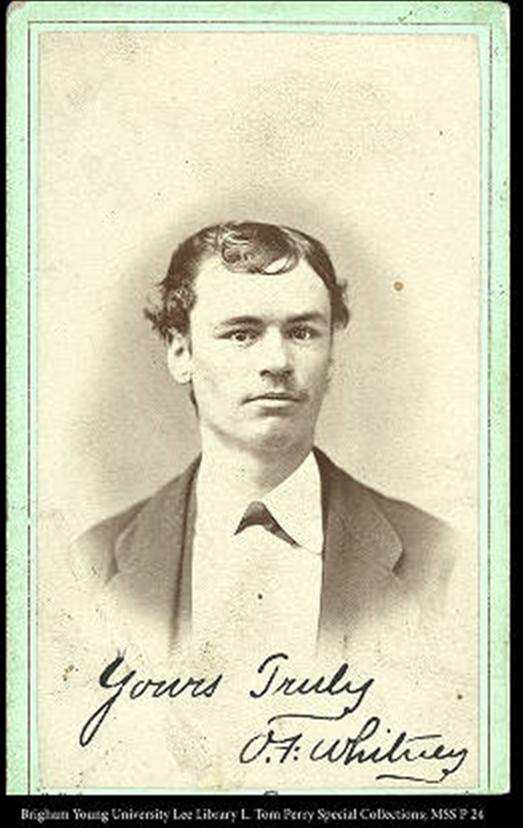
Today, we Mormons see the “coincidence of names” between Joseph of Egypt, Joseph the son of Lehi and Joseph Smith as anything but a coincidence. They shared names allow us to make connections between the three cases, adding to our understanding of their histories. And Old Testament Gospel Doctrine lesson 12 allows us to revisit some of the parallels, such as Joseph’s separation from Israel, and eventual reunion, as well as his visionary nature. Elder Orson F. Whitney, who served as an Apostle from 1906 to 1931, recognized this connection, and included it in his epic poem Elias in the… Read More
-
•
•
3 responses
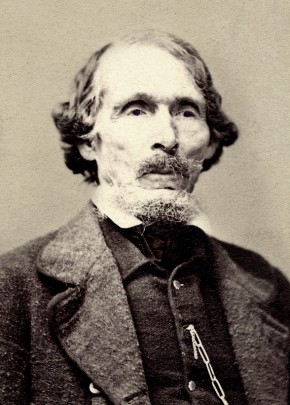
The purpose of the Church as an organization is sometimes ignored by Church members, who take its presence as given. While we know we are supposed to have a Church, we don’t often think about why the organization is needed. Teachings of the Presidents of the Church: Joseph Fielding Smith manual, chapter 8, examines the purpose and the future of the Church through the statements of Smith. Of course, looking at the reason for a Church is nothing new. Early Mormons struggled with aspects of this, since many of them were influenced by the congregationalist models of other restorationist churches,… Read More
-
•
•
One response
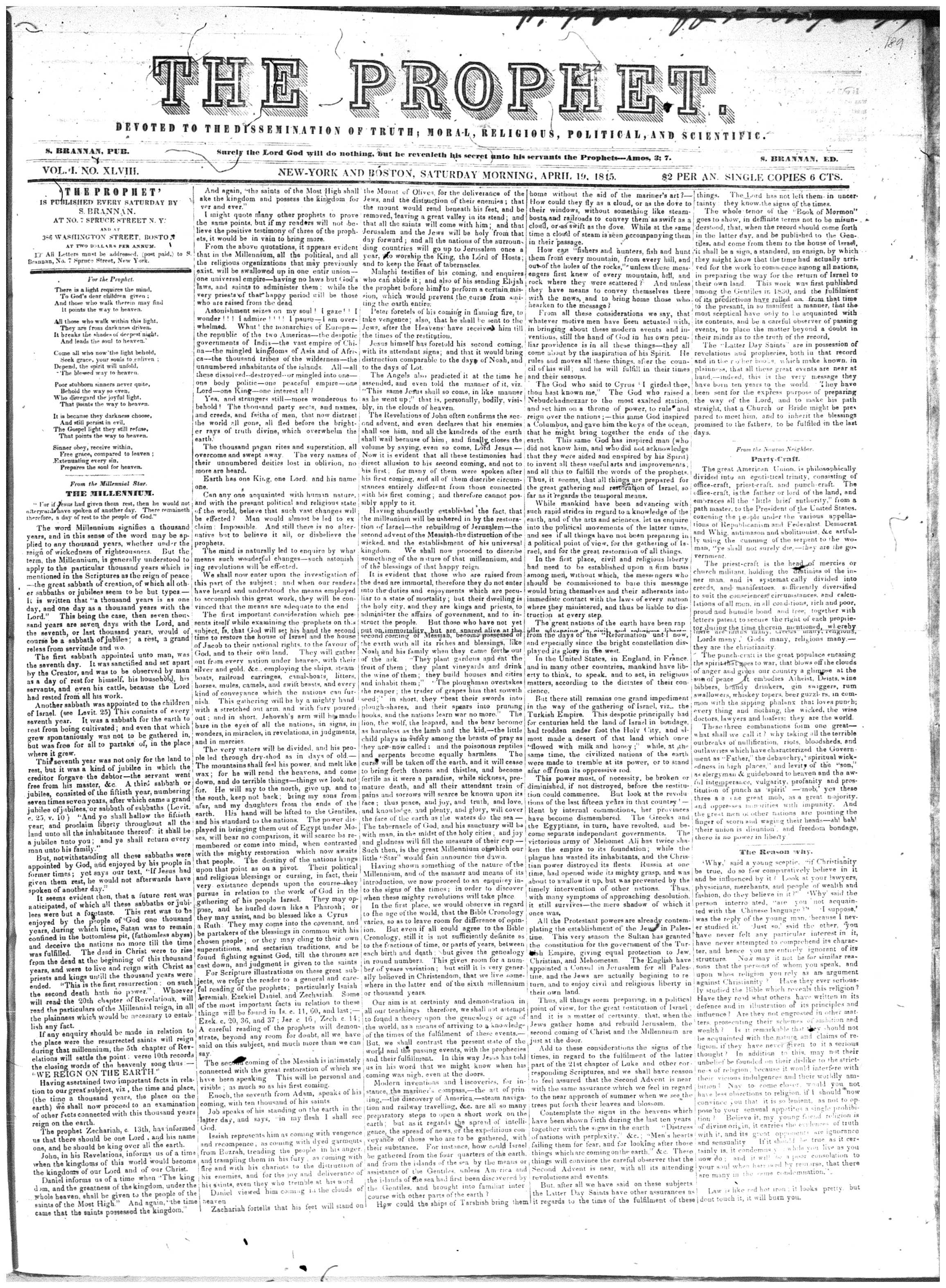
[I’m sorry that I’m a bit behind in getting these posted. I’m hoping to do one each night for the next 3 nights to get caught up.] Temptation is a constant. We all struggle with temptation to do that which we should not, and often these temptations involve significant sin or things that could lead to significant sin. Worse, as Joseph’s story indicates, even when we have acted properly, we can be seen as a sinner or in error, and treated accordingly. Sometimes this is because others are mistaken, and other times it is because those who judge have different… Read More
-
•
•
6 responses
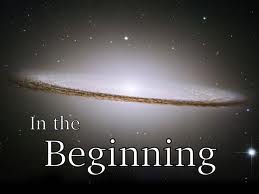
When we read scripture, we generally start at the beginning. This is one reason why openings — first lines, first paragraphs — are so important. They set the scene for what is to follow. They set the context and frame our understanding for entire chapters and books to follow. Terry Eagleton has a lot to say about openings in his How to Read Literature (Yale Univ. Press, 2013). While his focus is on literature, not scripture per se, his comments are helpful because scripture is a form of literature. And when it comes to how to read our scriptures, we… Read More
-
•
•
38 responses
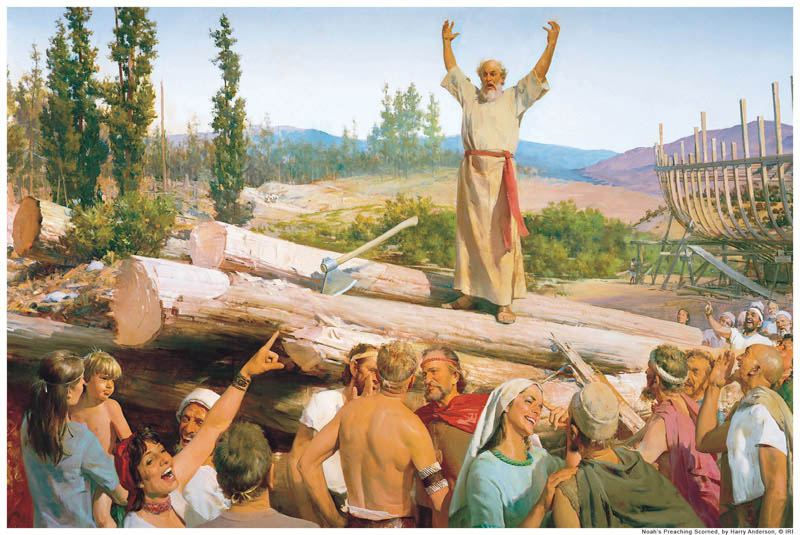
It seems like we’re being inundated with discussions about Noah lately. A major motion picture is set to discuss the tale of Noah and the Ark — but the picture will also include an unusual disclaimer stating that it shouldn’t be seen as the real Noah story. Meanwhile, the Noah story itself faces a rising tide of criticism, with Bill Nye (the Science Guy) publicly ridiculing the story on national television. In response to that wave of criticism, some writers have floated defenses of the Noah account. For instance, at Meridian Magazine, writer Ronald Millett gives an in-depth discussion of… Read More
-
•
•
108 responses

I’ve written about the fallibility of our leaders before (here, here, and here) because I think it’s important for us as members to develop greater spiritual independence and because the unrealistic expectations held for the leaders (as often by the critics as by the devout) set people up for unnecessary disappointment. But the concept of fallibility, like the even trendier concept of doubt, can be overplayed. Leaders are fallible, yes, but that doesn’t preclude room for trust. The proximate cause of my ruminations was the announcement of the Church’s addition of a chapel and a commercial apartment tower next to… Read More
-
•
•
25 responses
We have four missionaries in our ward, with ipads. They have complete access to the LDS.org library, but (per their mission president’s wishes) little else in terms of reading/enrichment material. I keep mentioning different books, as is my wont (see here, here, and here), and telling them “all you need to do is read,” so they’ve been frustrated at the apparent lack of access to “the good stuff.” Read More
-
•
•
63 responses

I just read the “hilarious” post on Andy Kano’s blog titled: Some LDS Women Want The Priesthood? Well LDS Men Have Some Requests Too. If you don’t want to read it, in a nutshell it’s a “comical” slapdown of Ordain Women in which he demands equality by, you know, providing a room where men can nurse their babies (I mean who wants to see all that exposed chest hair!), adding padded priesthood room chairs, and equalizing other disparities that he, apparently, thinks (in that über gut-busting way) are equivalent to not being able to share in the power of God… Read More
-
•
•
102 responses
This is a little long. Bear with me. “Equality is not a feeling” has emerged as something of a slogan among some Mormon feminists. It’s offered as a reply to those who insist that many (most?) Mormon women feel loved and valued within the Church, aren’t pushing for radical reforms, or the like. These women don’t feel unequal. But, equality is not a feeling. What might it mean to say that equality isn’t a feeling? It seems to me that there are two possible ways of understanding this claim. The first is that equality is an objective, empirical judgment rather… Read More
-
•
•
77 responses

If I had to estimate what the median Mormon adult currently thinks about the origin of life, or the model that the church as an institution is most comfortable with, I would describe it as non-exclusive evolution through supernatural selection. Read More
-
•
•
7 responses
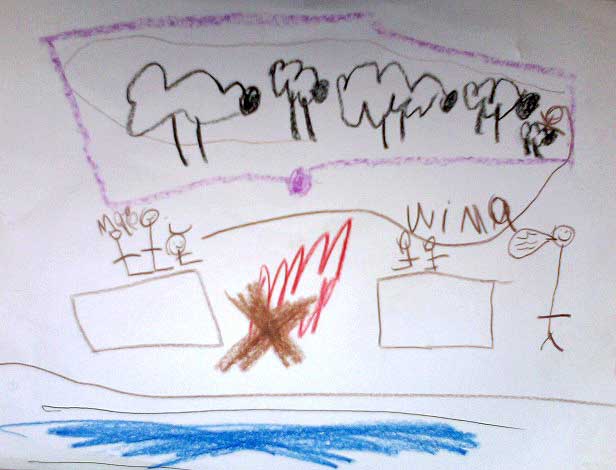
Christ can only go out after the lone lamb if he has some confidence that the other ninety-nine are in safe pastures, a protected flock. Read More
-
•
•
61 responses

It was the day before the first day of school. That meant is was time for the annual “back-to-school” father’s blessings. This has been a tradition in our house, as it is with many families. However, that year felt a little different. Todd, my oldest , was starting middle school. Geneva, my youngest, was starting full-day Kindergarten. It is a year of transition. Shem, the new 4th grader, went first. I will not go into the details of the blessings themselves, but I love the intimacy of such blessings. I love the feel of their hair as I place my… Read More
-
•
•
23 responses

Let me say up front that I’m a big fan of the Church’s new Gospel Topics section. And the most recent entry “Becoming Like God” is perhaps my favorite. I thought the author contextualized the topic well, and I especially liked the section entitled “How do Latter-day Saints envision exaltation?” In part because of the nature of the topic, and in part because the author courageously included two full paragraphs on our Heavenly Parents, however, this article manifests our incongruent, sometimes incoherent, and at the least wholly awkward way of discussing all things women in the Church. There’s nothing special… Read More
